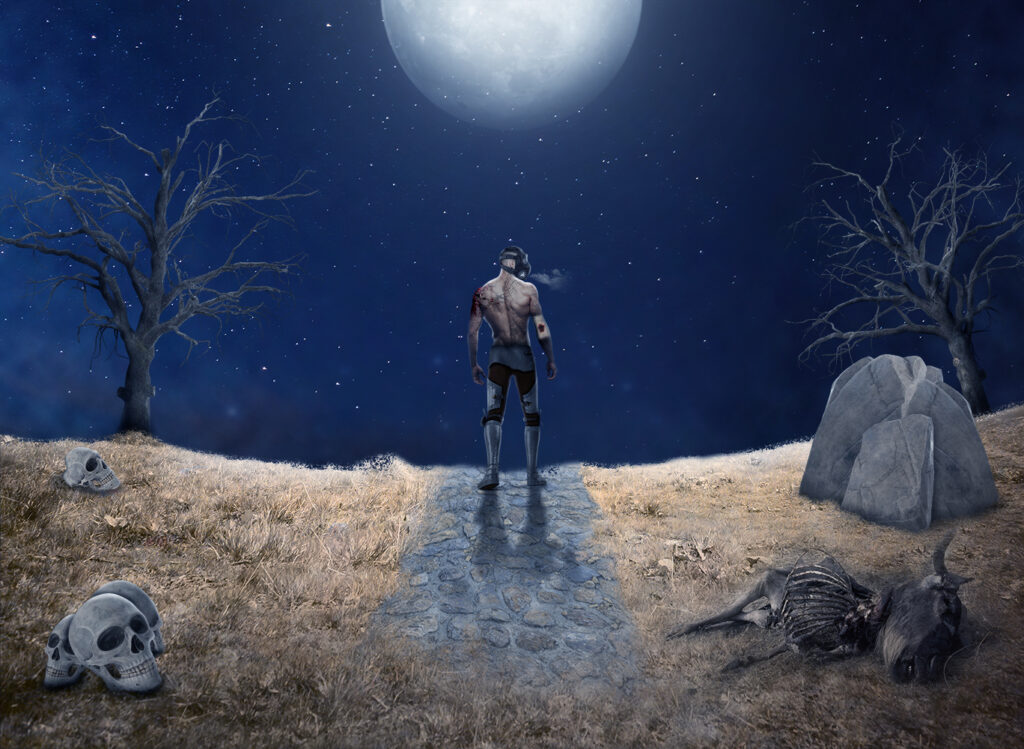How would you make an entire world of your own creation?
In our English class, the second narrative unit challenged us to explore the realm of worldbuilding, taking inspiration from Octavia Butler’s Parable of the Sower, which we spent time reading and analyzing in class. This project placed no limits on our creativity and allowed us to use our stories and worlds as an opportunity to explore any topic, even controversial ones. Through the process of creating our own worlds, we were able to effectively communicate ideas that reflected our views of our world. The worldbuilding project helped me hone my creative writing skills and allowed me to understand how to better tell a story using only words.

We began curating our stories by either coming up with unique characters or by brainstorming a detail around which we could construct our narratives. For my worldbuilding project, Root Society, I decided to create a world based on a logline I had already created:
When a young boy discovers a living sapling amidst a desolate earth, he must fight against his predecessors to uncover an ancient past and re-establish sustainable circumstances for his people.

After we finished writing our world-building stories, we then shifted our focus to research essays, where students would select a contemporary world issue that was related to our projects and argue our perspectives on that topic. Implementing techniques from Gerald Graff and Cathy Birkenstein’s They Say I Say, we supported our argument by addressing the issue in its entirety, then developing our perspectives using evidence from our research.
I decided to write my research essay about the ethics of moderating fake news on Twitter. I thought that the idea of social media influence shared many parallels with the influence of the Vanguard, who are the upper echelon of society in my worldbuilding story. The Vanguard would leverage its status and power over humanity in order to lie about the narrative of Earth’s origins, leading the common folk to believe that there was never any presence of life on the planet previously. This is similar to how politicians and celebrities exploit the reach of social media platforms, like Twitter, to convince people of misinformation. I believe that both The Vanguard and the influential users of Twitter garner a need for some form of moderation to ensure the security of their respective societies.
Included below is the entire written version of my worldbuilding research essay, Fact or Fiction? The Challenge of Tackling Misinformation on Twitter.
We concluded the narrative project in English with a pitch presentation. Students were tasked with combining all the work we’d made related to worldbuilding, including the essays and stories, and presenting them in front of the class. The idea was that we would present our projects through a medium of our choice, whether it be a film, animation, game, or novel, and immerse our audience in the world we’d created. We would then try and “pitch” our idea to the class, which took on the roles of producers that were evaluating our project to be green-lit/developed. Framing the assignment through the lens of a “pitch” was a unique twist on an ordinary presentation, and helped make the class more invested in each other’s work.
We were the first generation of freestyle students to experience the worldbuilding project, which was an absolute privilege. Having the opportunity to create our own worlds yielded some of the most interesting work I have seen in English. Additionally, taking the time to write a research essay was a first in my freestyle career, but was a very refreshing and needed experience that helped resharpen my skills as a writer. As Freestyle continues to educate future generations of creatives, I am excited for them to also be able to experience this project as it becomes more refined with time.
